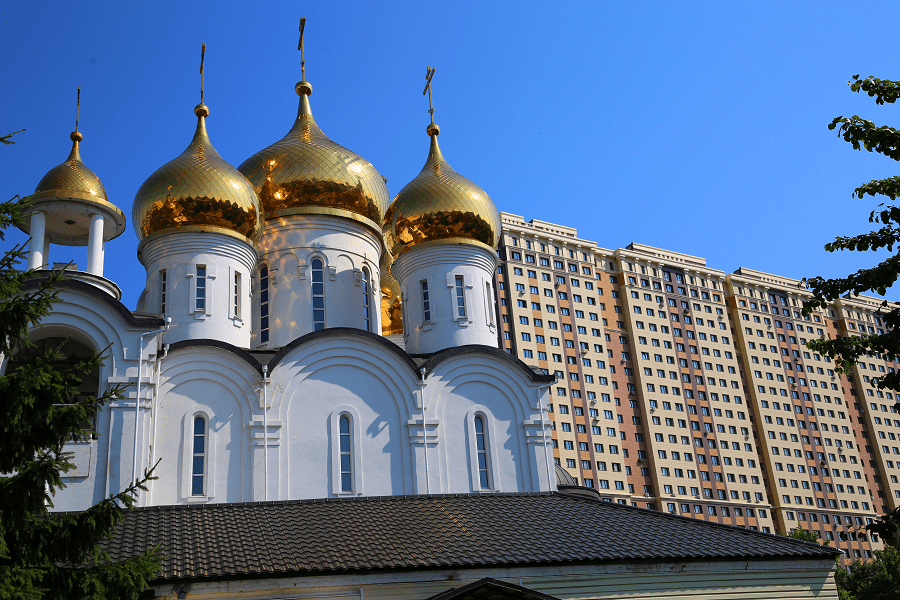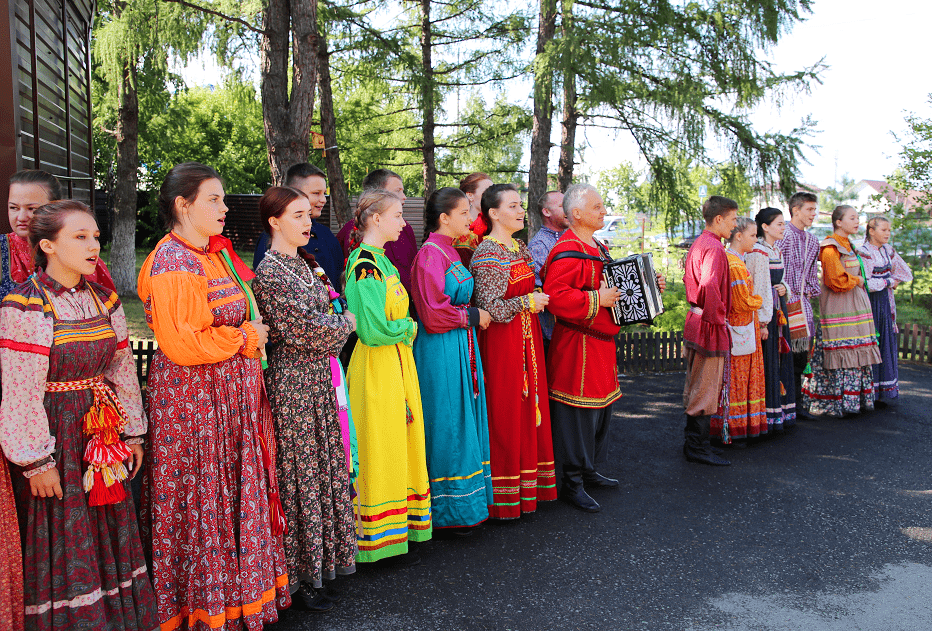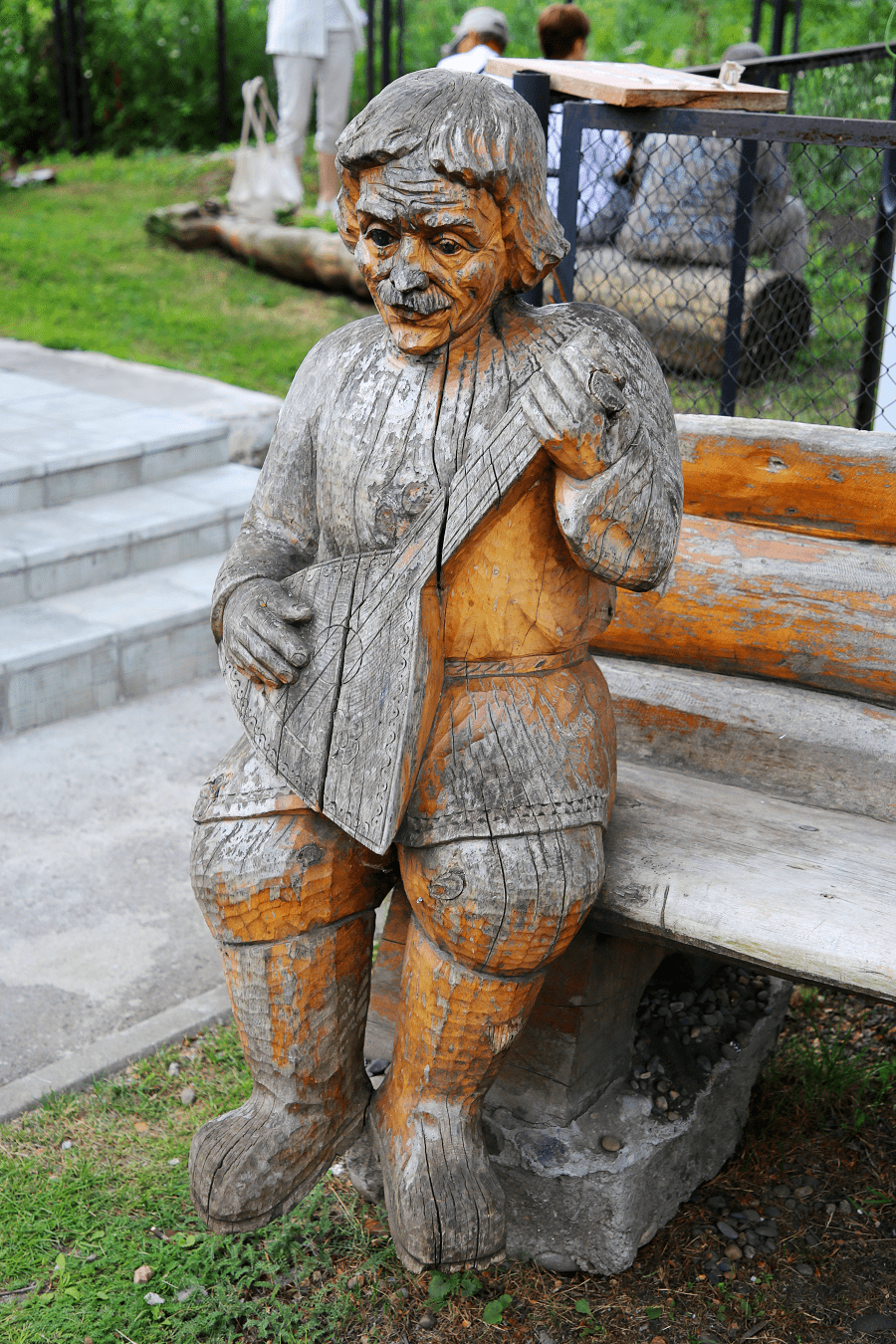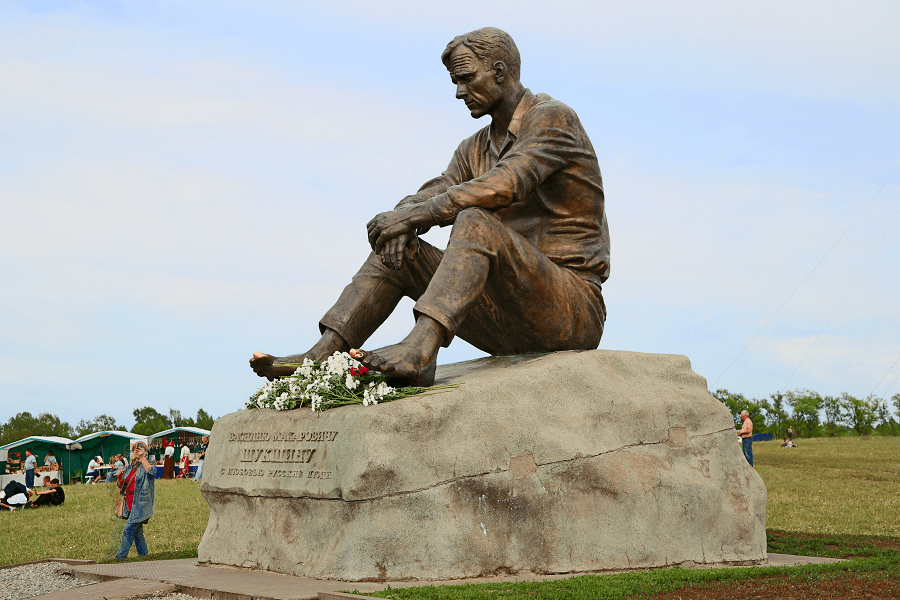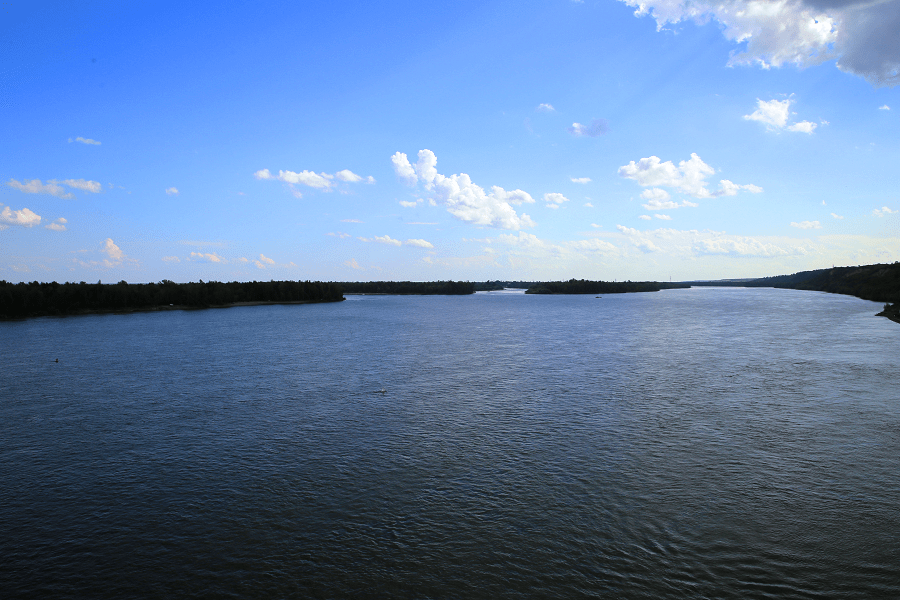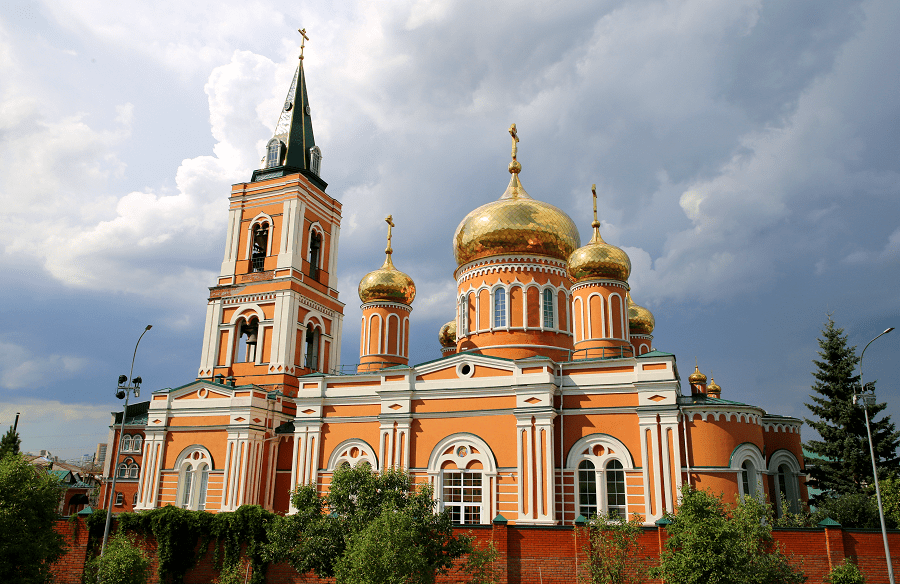The Moscow State Pyotr Ilyich Tchaikovsky Conservatory is a higher musical educational institution in Moscow, one of the leading musical universities in Russia and the world.
The idea of establishing a conservatory in Moscow was first expressed in 1819 by Friedrich Scholz, Kapellmeister of the Bolshoi Theatre, but the idea did not find support.
In 1862, a conservatory was established in St. Petersburg, and a need arose for a higher musical educational institution in Moscow.
The conservatory in Moscow was founded in 1866. The main initiator of the creation of the conservatory was N. G. Rubinshtein, and the co-founder was Prince Nikolai Petrovich Trubetskoy. The grand opening took place on September 1.
By the opening day of the conservatory, a house was rented at the corner of Vozdvizhenka and the passage of the Arbat Gates in the house of Baroness Cherkasova. The house has not been preserved; in 1941, during an air raid on Moscow, this building was destroyed by a bomb. In 1871, the Moscow Conservatory rented Dashkova’s house, and in 1878 bought it for 185,000 rubles.
The conservatory was financed by the income of the Russian Musical Society from concert activities, city and government subsidies, donations from individuals and tuition fees. It covered both musical classes (instrumental, vocal, orchestral, choral, opera, theoretical) and general education disciplines. The course of study at the conservatory until 1879 took six years, then it was increased to nine years. Until 1917, education was paid.
In the summer of 1877, the house of Prince M. S. Vorontsov on Nikitskaya Street was finally acquired into the ownership of the Moscow branch of the Russian Musical Society.
In 1898, the conservatory had already begun its classes in new classrooms. On April 7, 1901, the hall’s grand opening took place. On October 25 of the same year, the Small Hall was consecrated and opened. Work on the arrangement and decoration of the Great Hall was completed only by 1901.
In 1932-1933, the three-story facility was built according to the project of I. E. Bondarenko. In 1983, the building of the Synodal School of Church Singing was attached to the conservatory (the former Kolychev House, in the style of classicism, erected at the end of the 18th century by an unknown architect; since 1925, the Faculty of Law of Moscow State University was located here), which received the status of the third educational building of the conservatory.
During Soviet power, the Sunday Workers’ Conservatory (1927-1933) and the Musical Workers’ Faculty (1929-1935) were organized to prepare the children of workers and peasants for admission to the Moscow Conservatory.
On May 7, 1940, by decree of the Presidium of the Supreme Soviet of the USSR, the Moscow Conservatory was named after P.I. Tchaikovsky and scholarships named after P.I. Tchaikovsky were established for exceptionally gifted students of the composer department.
In 1954, a monument to P. I. Tchaikovsky was unveiled in front of the Great Hall of the Conservatory.
Halls
• Great hall.
• Small hall.
• Rachmaninov Hall (built in 1890).
• Conference hall.
• N. Ya. Myaskovsky Concert Hall.
• Oval and Exhibition Halls in the Museum of N. G. Rubinstein.
The Great Hall of the Moscow Conservatory is one of the largest and most notable concert venues in Russia and the world. It opened on April 7 (20), 1901. The hall accommodates 1737 seats (originally, the hall accommodated 2486 spectators).
The concert at the opening was conducted by V. I. Safonov, later leading Soviet, Russian and foreign soloists and classical music groups, performed on the stage of the Great Hall of the Conservatory. In 1901, an organ by master Aristide Cavaillé-Coll, donated to the conservatory by S. P. von Derviz, was installed in the hall. The State Orchestra of the USSR gave its first concert here (1936). The Great Hall also hosts significant music competitions and festivals, including the final auditions of the International Tchaikovsky Competition participants.
The hall is decorated with portraits of Russian and foreign composers.
Ticket offices are located in the lobby of the Great Hall. Reservations are made by phone. 8-495-695-89-05 from 13:00 to 18:00, break from 15:00 to 16:00.
Address: Russia, Moscow, Bolshaya Nikitskaya street, 13/6.
Nearest metro: Ohotny Ryad, Arbatskaya (Filyovskaya Line), Arbatskaya (Arbatsko-Pokrovskaya line).













